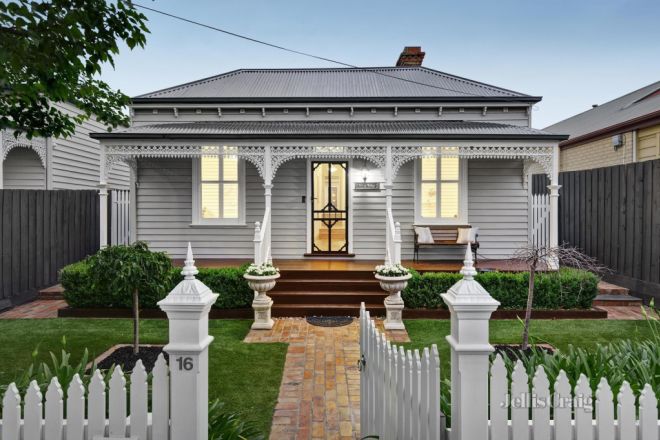Why it’s the least worst time to buy a home in three years
Australian consumers think it’s the least worst time to buy a home in almost three years, as the outlook stabilises for interest rates and inflation starts to cool.
The closely watched Westpac-Melbourne Institute time to buy a dwelling index jumped 21.7 per cent over the three months to November.

Although it remains below its long-term average and in overall pessimistic territory, the read is at its highest since the start of 2022, when interest rates were about to start rising from ultra-low levels.
Westpac senior economist Matthew Hassan said the improving sentiment went hand in hand with a lift in the bank’s broader consumer confidence measure in recent months, as households became more confident that no more rate rises are likely to be on the horizon for now, and saw a modest improvement in their budgets due to tax cuts.
He said sentiment on whether it was a good time to buy a home had held at rock bottom levels for a couple of years, and has since lifted but remains weak.
On the eastern seaboard in particular, consumers have become less negative about their expectations for inflation and interest rates, he said, and expect some easing in the year ahead.
“There’s not a common expectation out there that we’re going to have interest rates slashed next year but they’re detecting a wind shift,” he said.
Even though consumers are more upbeat on their finances, almost two thirds of those surveyed still expect property prices to rise over the next year.
Hassan said it was a quandary that on one hand households thought it was a better time to buy a home but on the other, they thought already-high prices would rise further.
“Given prices over the last two years, a modest easing in interest rates isn’t going to generate much in terms of improved affordability,” he said.

“The purchasing power of buyers hasn’t improved that substantively.”
He tipped property markets to recover in the second half of next year on the back of rate cuts he expects to flow from May, but thought the recovery would be constrained by the ongoing affordability challenge.
“It’s better than it has been when interest rates are high – but not in such a dramatic way that everyone’s suddenly able to transact. So that’s the crux of a constrained upturn, it’s better, but still not good.”
Commonwealth Bank head of Australian economics Gareth Aird thought moderating property markets in Melbourne and Sydney made it a better time to buy for those in a position to transact.
“Property prices in Sydney and Melbourne have come off more recently, and listings are up, and auction clearance rates are down quite a bit from where they’ve got to in previous cycles. So all of that would suggest that for those that are looking, it’s better conditions than it was previously,” he said.
He added that some auctions are being withdrawn before their scheduled auction date, in a sign of a better market for buyers.
He agreed that interest rates are now likely not to rise further and to start to come down next year. CBA is tipping February but acknowledges the risk of delays.
“The market has cooled, particularly in Sydney and Melbourne, and with a cooling market buyers feel a little better about things. They don’t have to panic, the FOMO mechanism is not really in play at the time and there’s more property on the market at the moment,” he said.

Mortgage broker Chris Foster-Ramsay has noticed clients have a lot of choice of homes for sale, but not all are desirable.
There are several former investment properties for sale that need work, the Melbourne-based Foster Ramsay Finance principal broker said.
He said the auction market has been hit and miss – some buyers attend pass-ins where nobody bids while other properties are in high demand, but the choice is offering potential buyers breathing room.
“Some are waiting to tick more boxes now than they would have ticked in a high-demand market because they’ve got the time to be able to do that,” he said.
He said it has not been as easy to borrow large sums from lenders recently, and that some who do gain pre-approval still hesitate, and are asking when interest rates might fall.
“It’s now not a matter of them needing to buy ASAP in a lot of cases so it then becomes a discussion within their family unit about finding the right property and waiting for that property to pop up.”
We recommend
We thought you might like
States
Capital Cities
Capital Cities - Rentals
Popular Areas
Allhomes
More
- © 2025, CoStar Group Inc.









